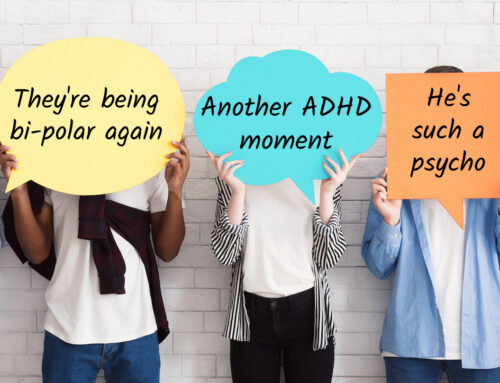The 21st Century is a great time to be a college student with attention and learning differences. Advances in research and educational interventions as well as technological supports promote success in ADHD/LD students. About half of ADHD/LD students graduate college in four years (with high grade point averages to match) when they access college resources. While this is great news, it also infers that the other half of this student population has a rockier road in college. College is a very different world from high school. Students are thrust into a new environment where self-management skills are paramount for success. ADHD/LD students can be overwhelmed by the extra load on their executive functioning system. Successful ADHD/LD college students actively use college resources and take ownership for their academic actions.
This ownership begins in high school by way of parent support. Rather than enabling dysfunctional behavioral patterns, parents of successful ADHD/LD students focus on empowering their child. Empowering means actively teaching students to take responsibility for their choices and be accountable for their actions. For example, when a student forgets to turn in an assignment, an enabling parent has the urge to jump in and immediately fix the problem by contacting their child’s teacher. However, this approach is a disservice to the ADHD/LD students. It allows dysfunctional behavior to occur without any consequences. The student does not learn or practice the skills necessary for self-management. Instead, parents are encouraged to implement an empowering approach and to collaborate with their child to come up with a solution rather than give them the solution. Collaborative parents listen fully, ask open-ended questions, and ask permission to offer suggestions. This approach teaches accountability and promotes student’s confidence in their decision-making skills. By doing so, parents can set up their ADHD/LD children for success in college and beyond.






